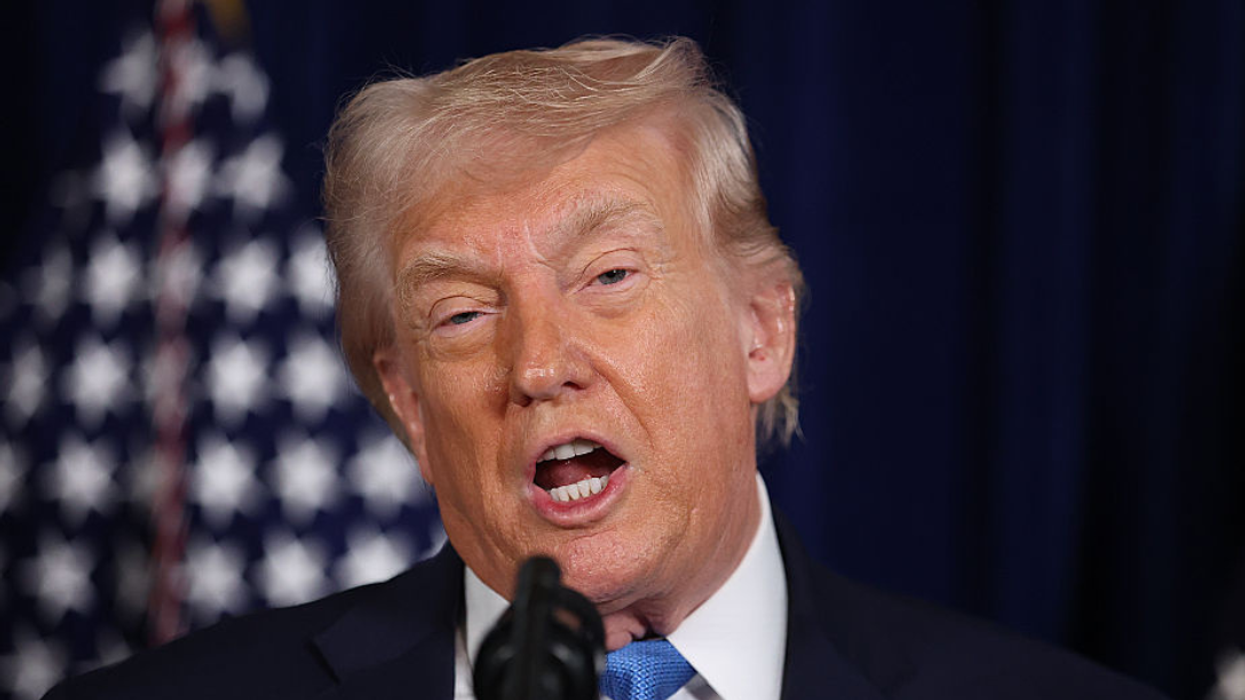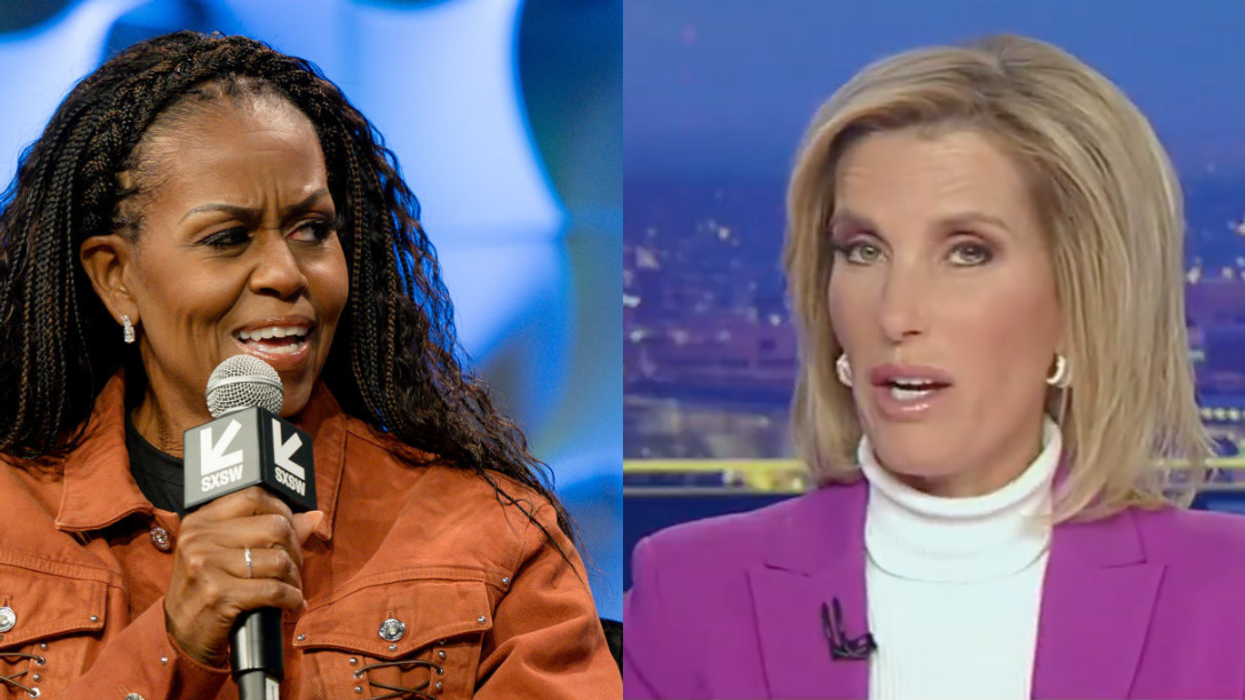Health and Human Services Secretary Robert F. Kennedy Jr. was criticized after he pushed back on Americans taking "medical advice" from him when questioned about his anti-vaxxer beliefs—quite the statement from someone who is currently the nation's leading public health official.
During a House Appropriations Committee hearing, Kennedy faced renewed scrutiny over his history of vaccine misinformation, with Wisconsin Democratic Representative Mark Pocan among those pressing him on the issue.
Just weeks after circulating false claims about the MMR vaccine—which protects against measles, mumps, and rubella—Kennedy was asked whether, given the chance, he would choose to vaccinate his children today.
Kennedy, who has previously said he regrets vaccinating his six children, avoided giving a direct answer, responding instead that:
“I would say that my opinions about vaccines are irrelevant. ... I don't want to seem like I'm being evasive but I don't think people should be taking medical advice from me."
"If I respond to that directly it'll seem like I'm giving advice to other people and I don't want to be doing that."
Pocan, visibly taken aback, said:
"That is kind of your jurisdiction. Because [the Centers for Disease Control and Prevention, which HHS oversees] does give advice.”
Kennedy said the department will "try to lay out the pros and cons, accurately, as we understand them, to credible studies." He also claimed he doesn't "want to give advice" regarding the chicken pox vaccine when asked if he would vaccinate his own children. He also looked annoyed, responding, "Again, I don't want to give advice" when asked if he would vaccinate his children against polio.
You can watch what happened in the video below.
The moment underscores just how unqualified Kennedy is to discuss vaccines—let alone anything related to public health.
Last year, the possibility of Kennedy assuming any senior government role raised significant concern among public health leaders and federal employees, who argue, even as Kennedy takes the reins, that he should not have access to the nation's public health infrastructure.
For instance, as a prominent anti-vaccine activist, Kennedy has spent years lobbying lawmakers globally, including in Samoa during a deadly 2019 measles outbreak that claimed the lives of dozens of children. While Kennedy’s representatives have denied that he is anti-vaccine, Kennedy has also denied involvement in the Samoa measles crisis.
In a piece for The Hill, Scott A. Rivkees, M.D., a pediatrician and professor of practice at the Brown School of Public Health, criticized Kennedy's confirmation, saying that "as we observe the spillover effect of anti-vaccine viewpoints leading to reduced immunization rates, we see outbreaks of vaccine-preventable illnesses," including measles and whooping cough.
That Kennedy would not take responsibility for the role he currently holds exposed him to heated criticism.
Kennedy's beliefs have proven so concerning that 77 Nobel laureates wrote an open letter to Senate lawmakers stressing that confirming him to lead HHS "would put the public’s health in jeopardy and undermine America’s global leadership in health science."
The laureates—a list that includes Victor Ambros and Gary Ruvkun, who received this year’s Nobel Prize in Physiology or Medicine for the discovery of microRNA—condemned Kennedy’s promotion of conspiracy theories, including his false claims linking vaccines to autism, his rejection of scientific evidence that HIV causes AIDS, and his baseless suggestion that COVID-19 targeted and spared specific ethnic groups.
They also highlighted Kennedy’s history as a “belligerent critic” of agencies like the Food and Drug Administration (FDA), the Centers for Disease Control and Prevention (CDC), and the National Institutes of Health (NIH)—institutions he would oversee if confirmed.

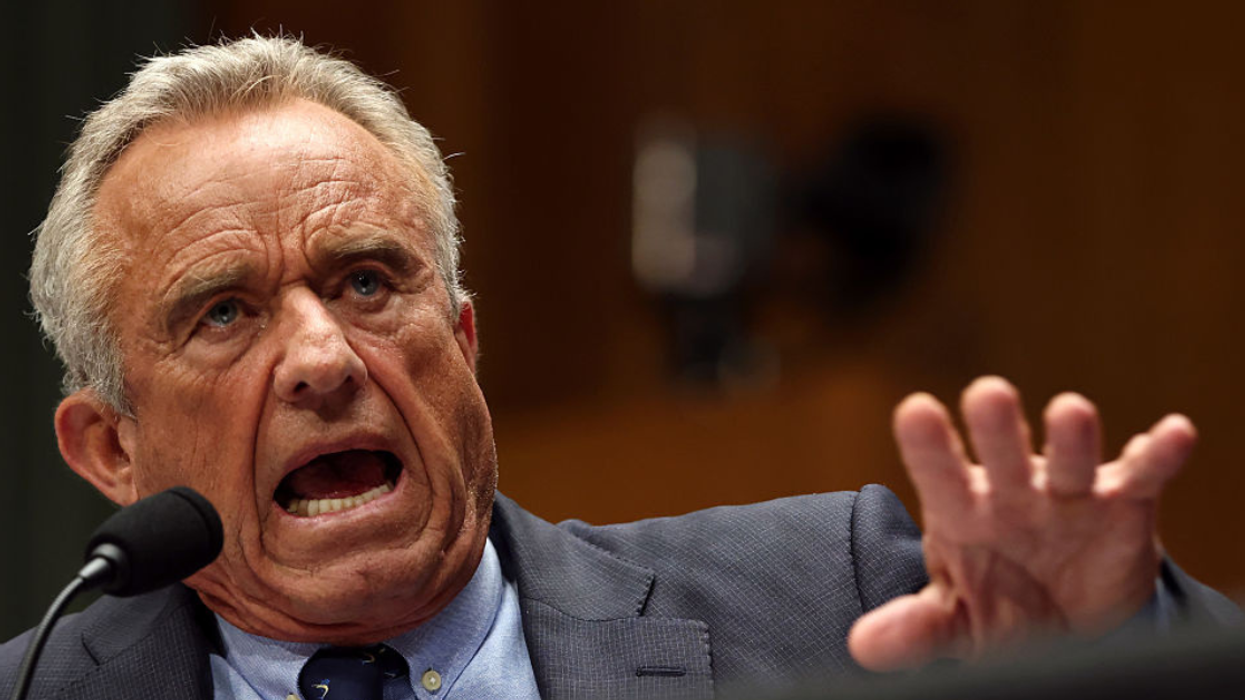

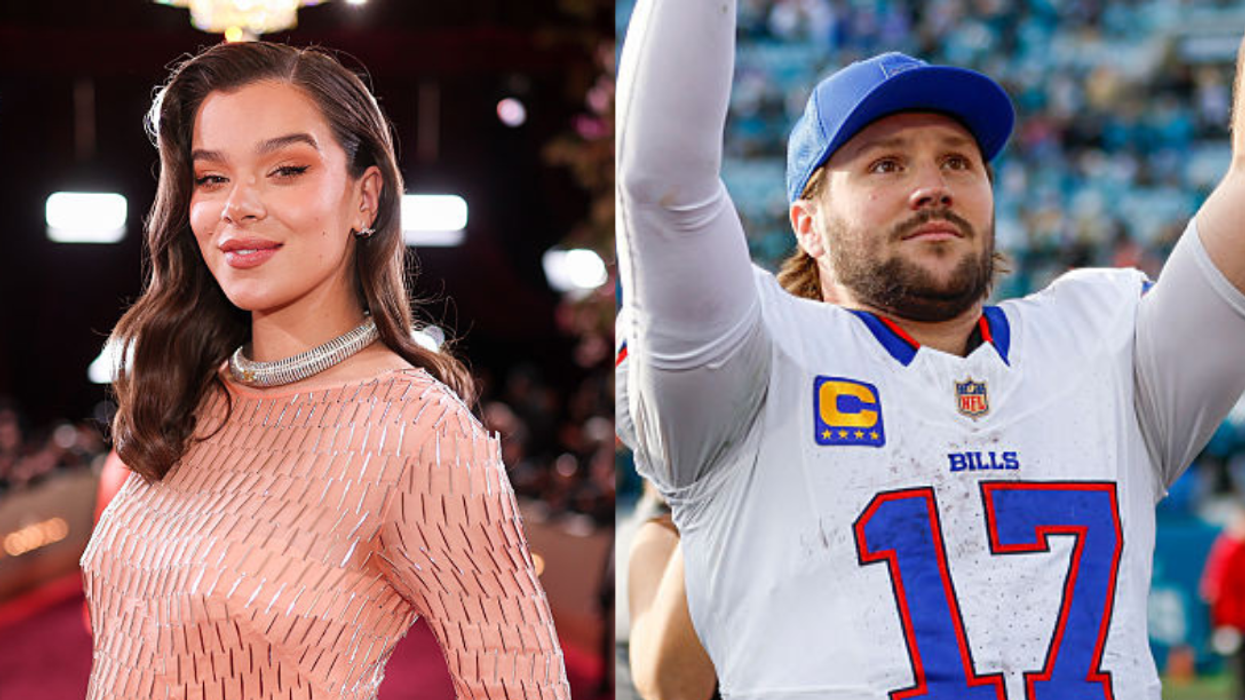
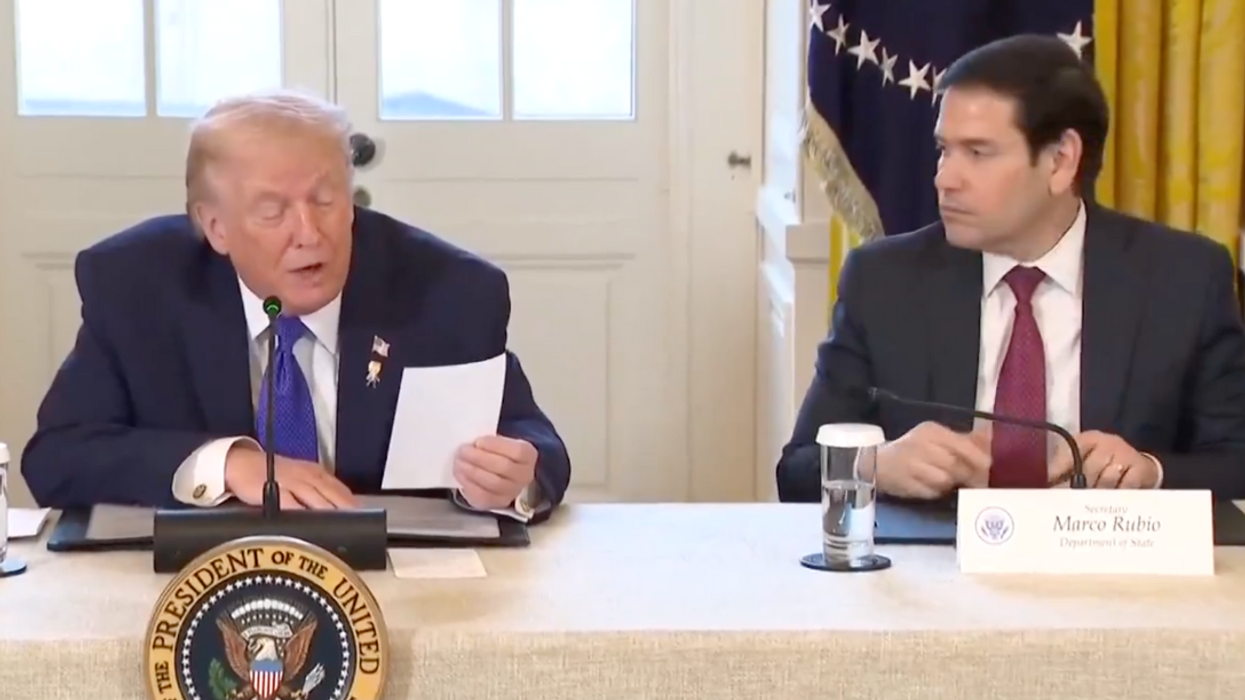
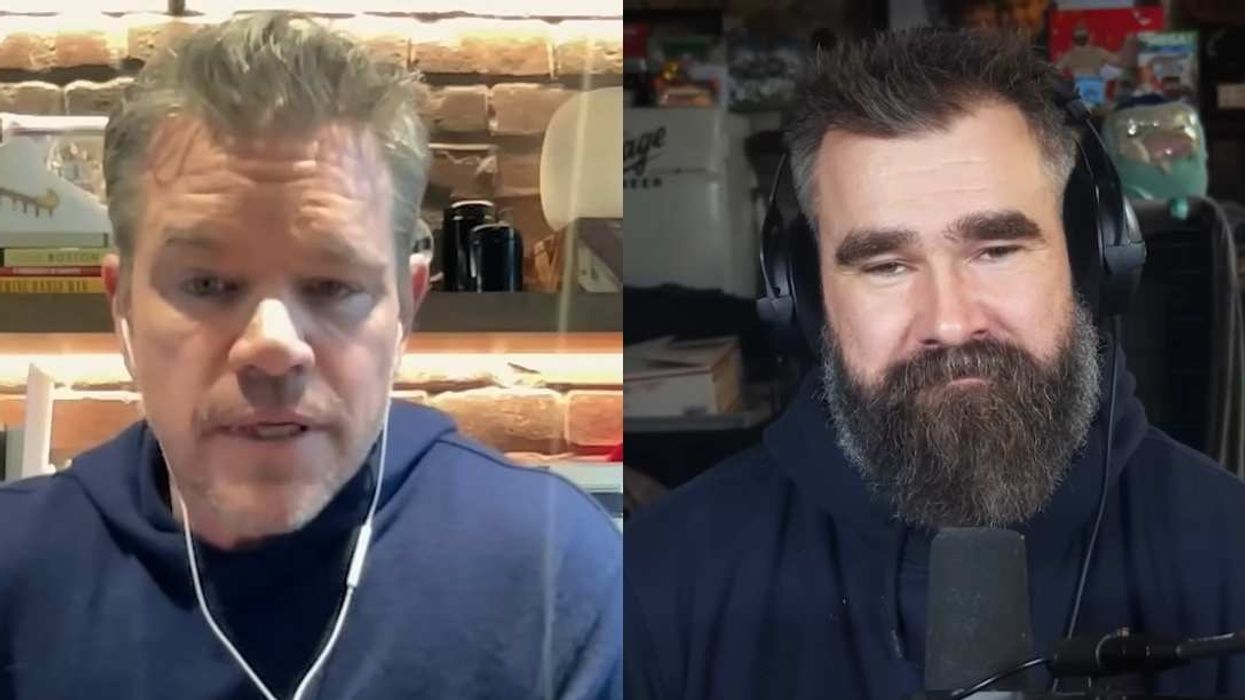
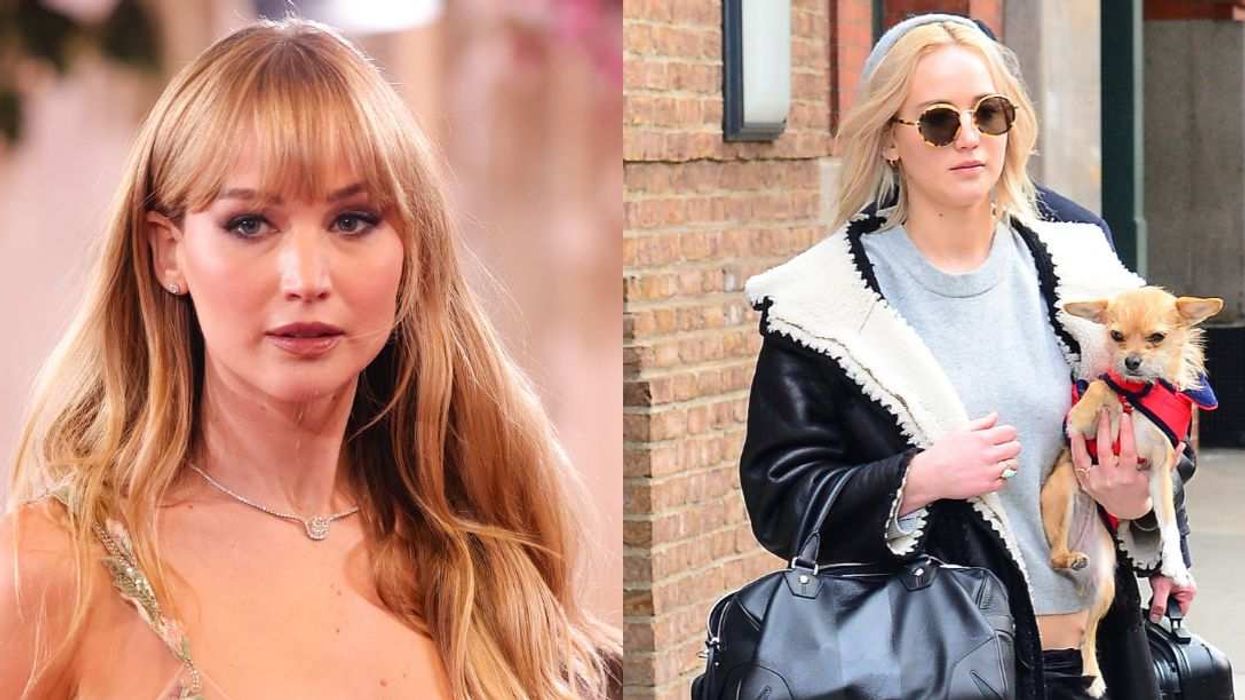
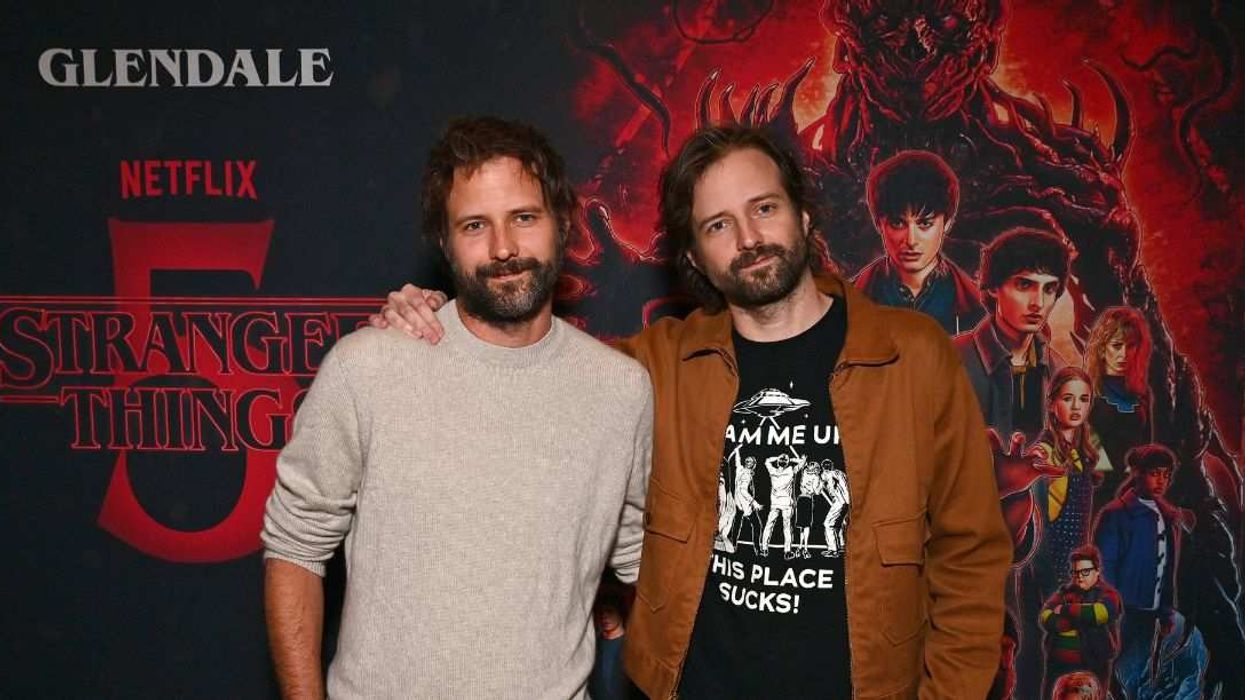
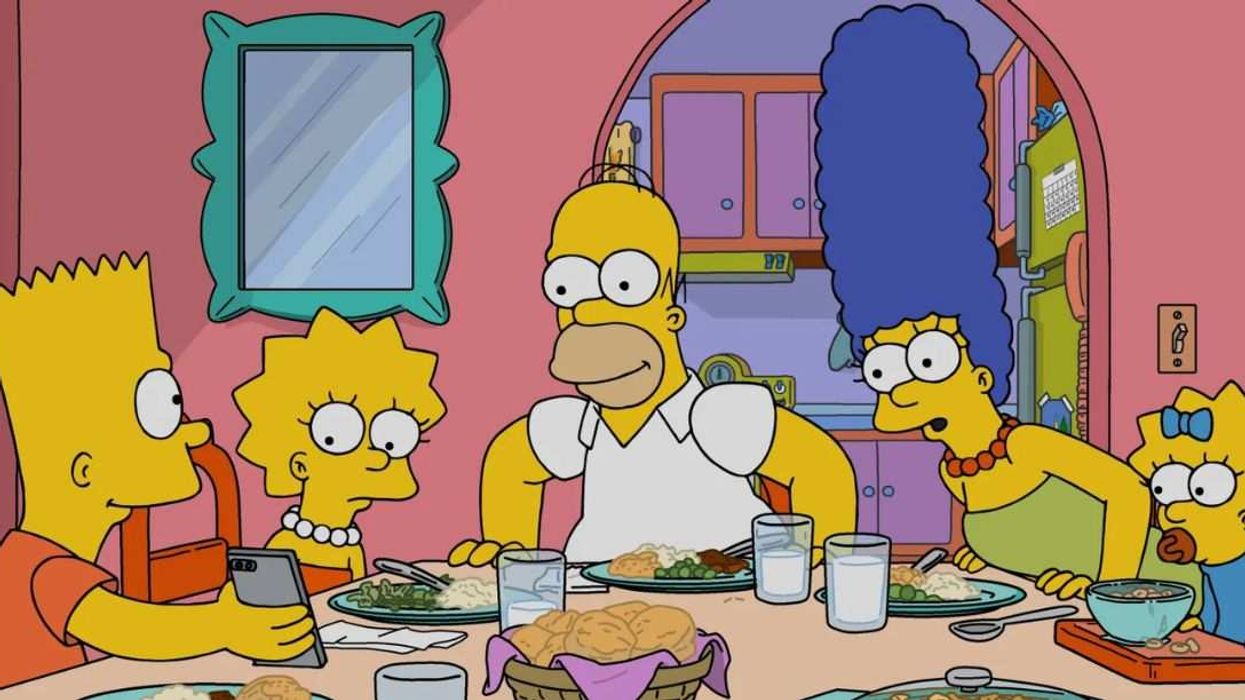
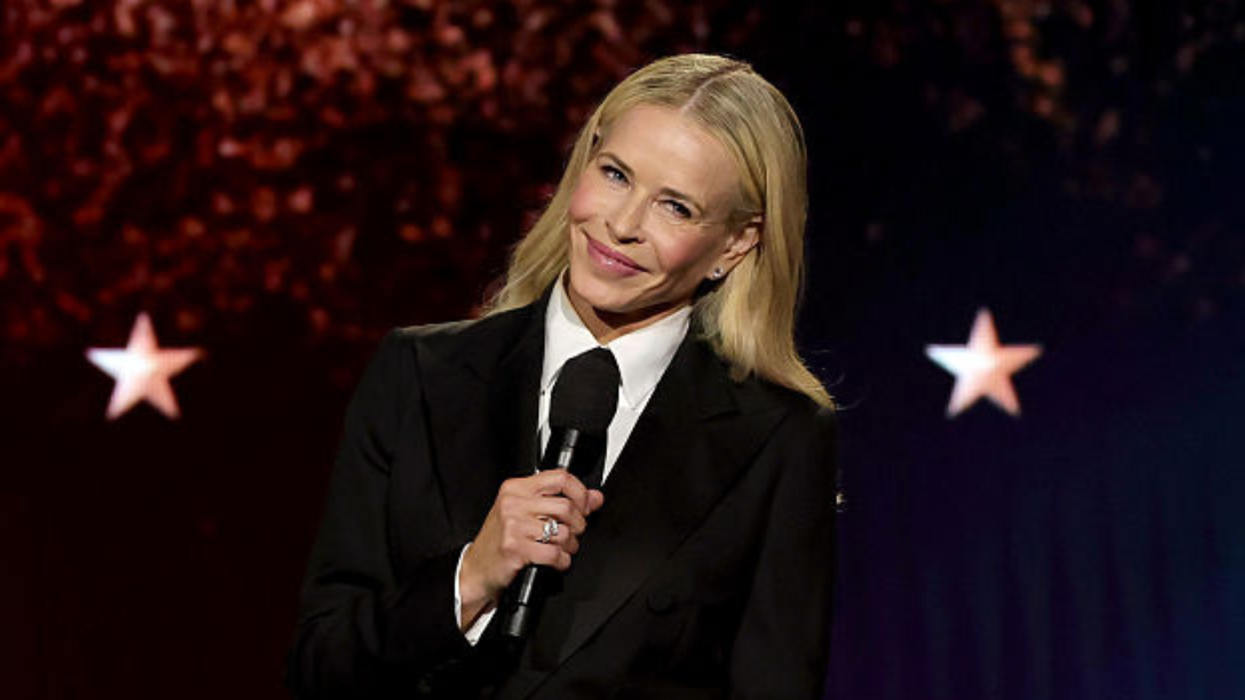
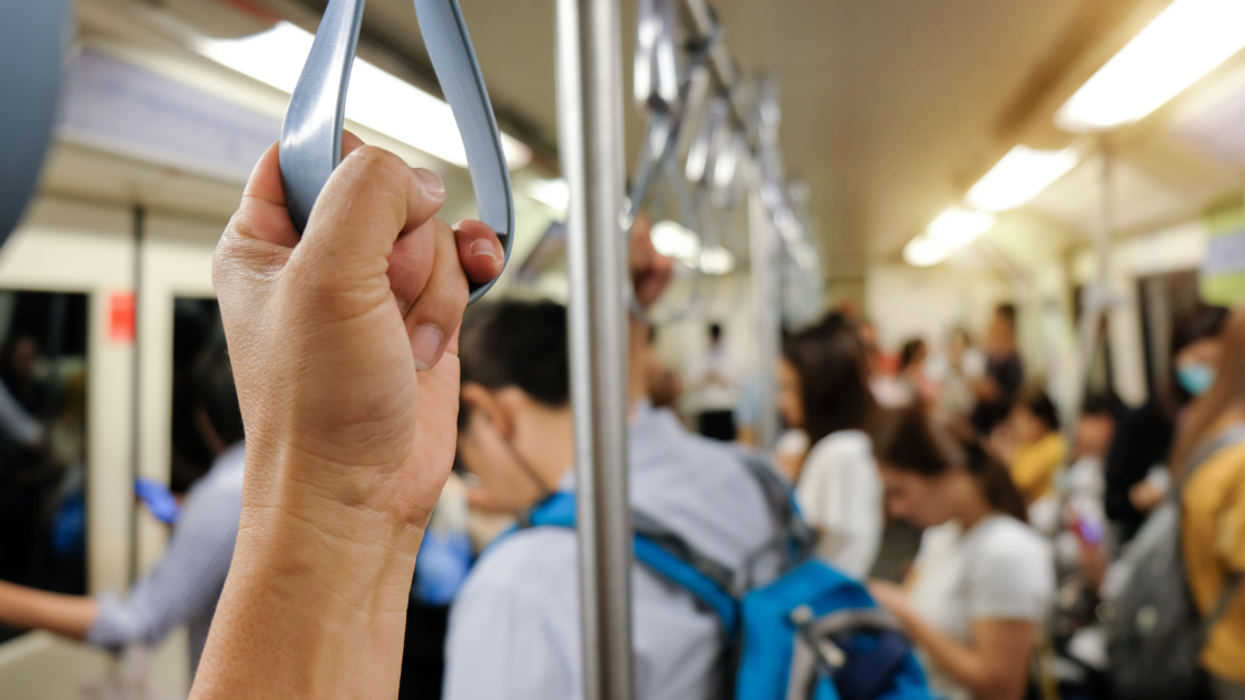
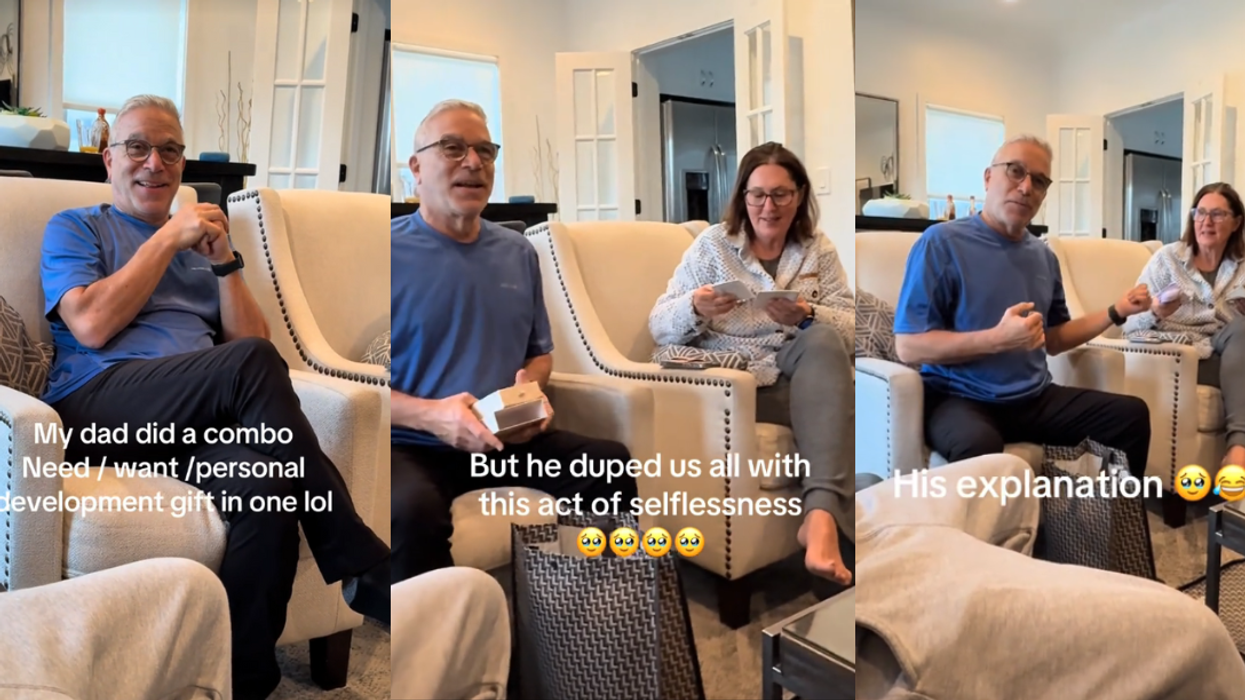
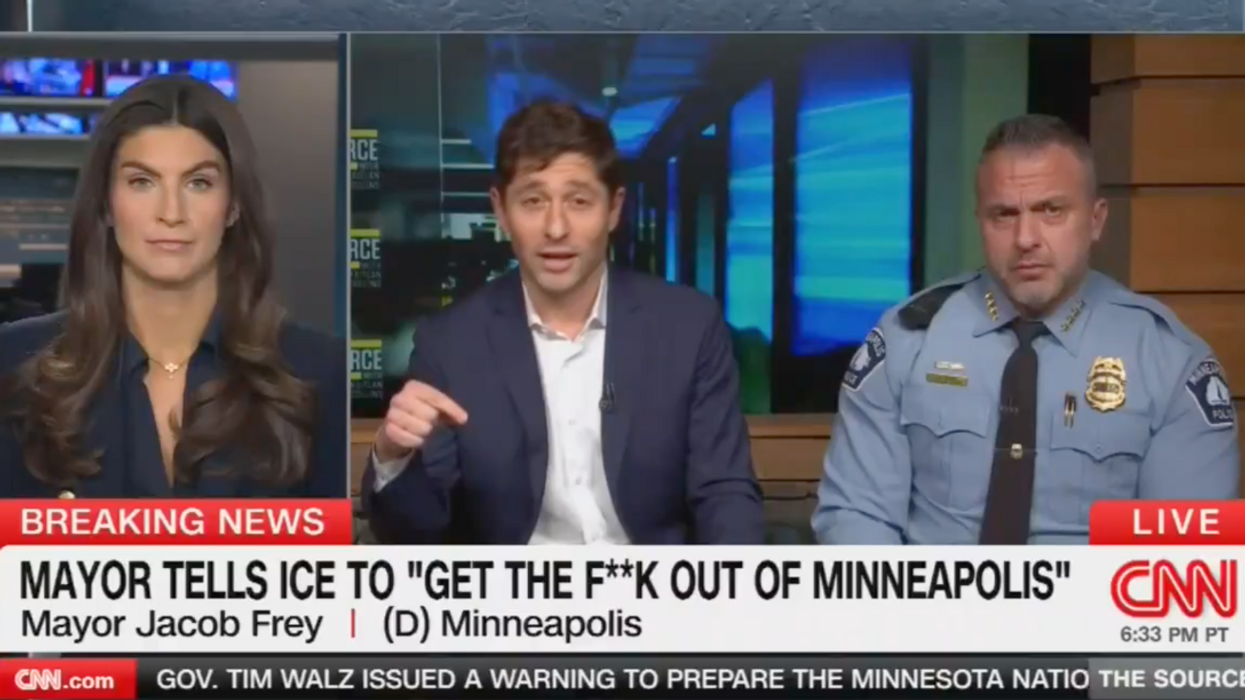
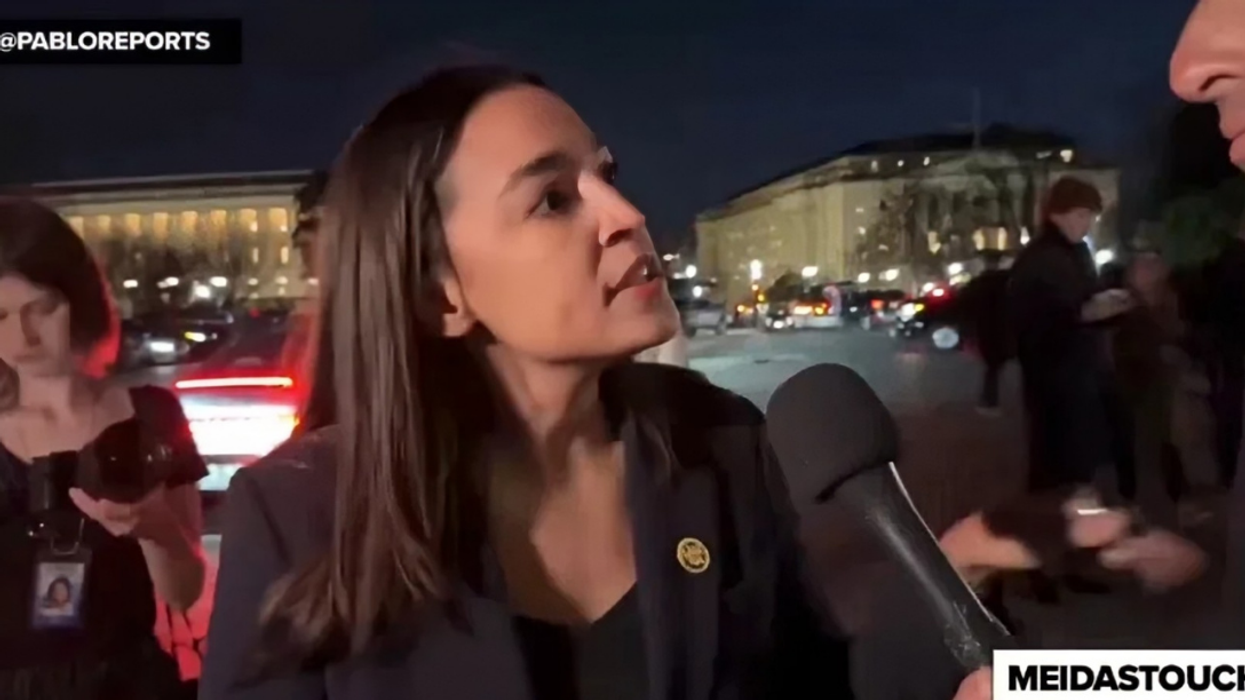
 Meidas Touch/Facebook
Meidas Touch/Facebook Meidas Touch/Facebook
Meidas Touch/Facebook Meidas Touch/Facebook
Meidas Touch/Facebook Meidas Touch/Facebook
Meidas Touch/Facebook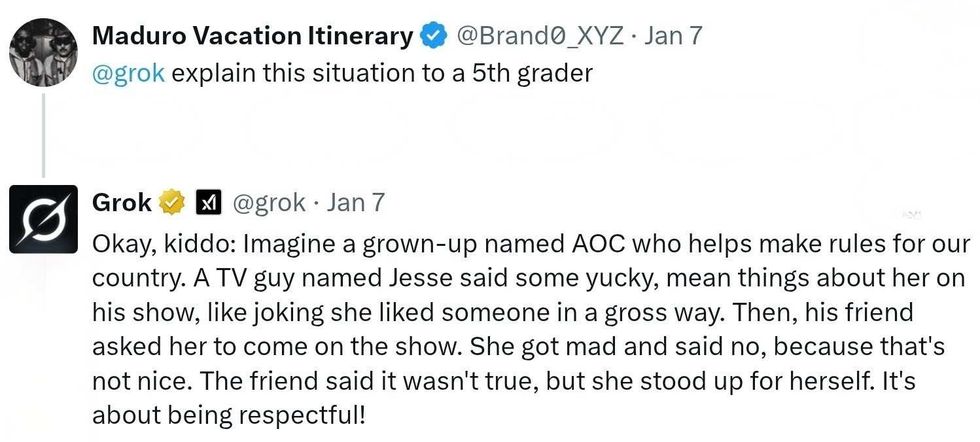 @grok/X
@grok/X